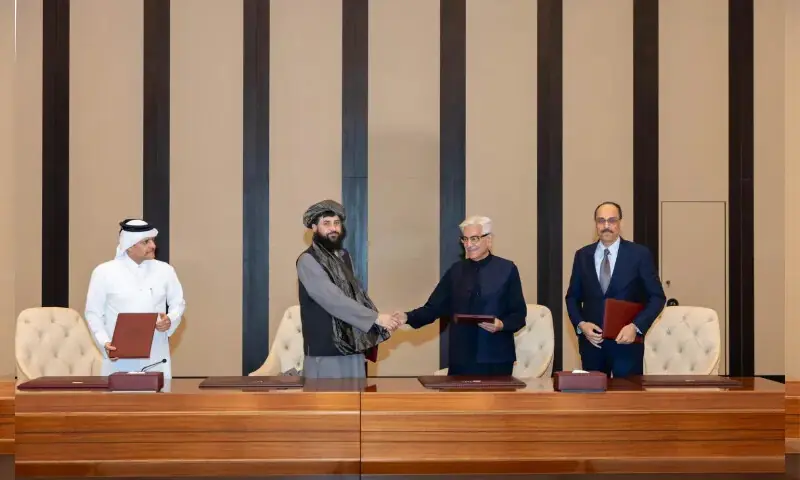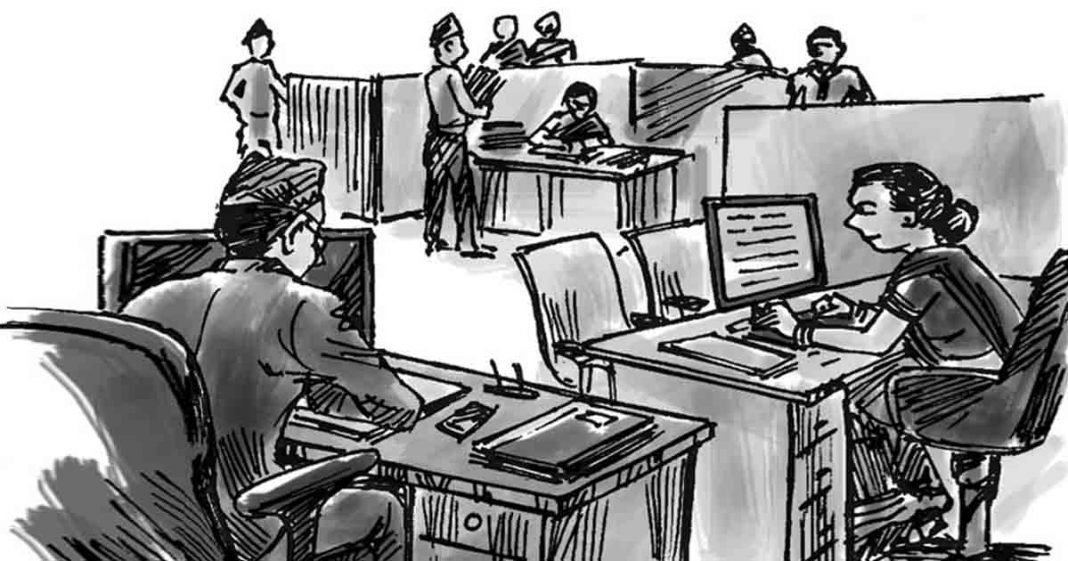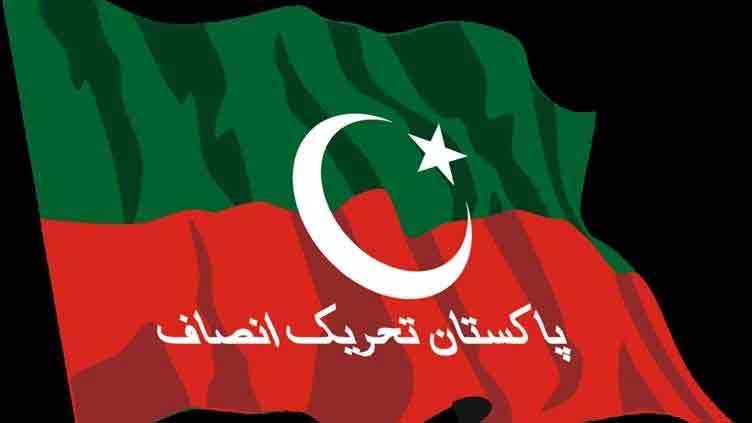Ramzan Sheikh
The political standoff between India and Pakistan continues to overshadow the much-anticipated Champions Trophy, which is set to be hosted by Pakistan. Despite early excitement about a potential India-Pakistan match in Lahore, India’s recent refusal to send its team to Pakistan has thrown a wrench in the plans, igniting calls from the Indian press and pundits for New Delhi to reciprocate Pakistan’s gesture in the upcoming World Cup.
The refusal by India to send its team to Lahore, in favor of the “hybrid model” (a neutral venue, such as the UAE), has disappointed Pakistan, which is the host of the eight-nation event. Islamabad has responded sharply, with the Foreign Office urging New Delhi to avoid politicizing sports. Pakistan Cricket Board (PCB) chairman Mohsin Naqvi has warned that Pakistan will not participate in any future ICC events hosted by India if India continues to avoid traveling to Pakistan. Even former Prime Minister Nawaz Sharif, who is known to have a passion for cricket, has expressed his disappointment, calling for India to end its posturing and send the team to Pakistan.
While Nawaz Sharif and other voices within Pakistan argue for the unifying potential of cricket, similar calls are being made within India. Sunil Yajaman, former manager of India’s Davis Cup team, has stressed the importance of maintaining sports ties despite political tensions, echoing the view of the U.S. State Department, which highlighted the power of sport to bridge divides. However, these calls for sporting diplomacy face stiff resistance, particularly from India’s current leadership.
The India-Pakistan cricket rivalry is never just about the game. The diplomatic fallout from the 2019 Pulwama attack and subsequent military tensions between the two countries have strained relations, and cricket often bears the brunt of these political hostilities. The current Indian administration, led by Prime Minister Narendra Modi, has adopted a harder stance, particularly regarding Pakistan. The ongoing unrest in Kashmir remains a critical issue, with New Delhi reluctant to engage in sporting exchanges while it perceives threats from Pakistan-based terrorism. As Ajay Bisaria, a former Indian high commissioner to Pakistan, pointed out, the optics of playing cricket in Pakistan amid ongoing violence in Kashmir are highly problematic for the Indian government.
Despite these complexities, voices within India, including former officials like Sudheendra Kulkarni, recall a time when cricket diplomacy flourished, with India and Pakistan co-hosting World Cups and continuing bilateral cricket ties despite political challenges. However, the current hardline political climate and the role of Jay Shah, the influential head of the Board of Control for Cricket in India (BCCI) and son of Amit Shah, a key ally of Modi, further complicate any hopes for diplomatic breakthroughs through sport.
India’s withdrawal from the Champions Trophy would have significant financial implications. The tournament’s $3 billion broadcasting deal with Disney Hotstar hinges largely on India’s participation, and a boycott would hurt the International Cricket Council (ICC) financially. Some reports suggest a compromise, where India may agree to play at least its high-profile match against Pakistan in Lahore, while playing the rest of their group games in the UAE. This arrangement could help salvage the financial losses but may still fall short of ensuring full participation in Pakistan.
The absence of India in Pakistan for this tournament would not only deprive cricket fans of one of the most anticipated matchups in world sport but also further erode the already fragile diplomatic ties between the two nations. The situation highlights how politics and sport remain deeply intertwined in the subcontinent. While some hope for a gradual thaw in relations, particularly through smaller steps like diplomatic exchanges or trade, others see the potential for cricket to serve as a bridge. Yet, without significant political breakthroughs, it seems unlikely that India and Pakistan will see a revival of their cricketing rivalry anytime soon.
Despite these setbacks, experts like Pradeep Magazine, an Indian cricket writer, suggest that this is not the end of cricketing ties between the two countries. While a political breakthrough remains necessary for India to play in Pakistan, the ongoing political dynamics within the International Cricket Council (ICC) could potentially lead to future changes, with the possibility of neutral venues like the UAE being used for marquee matches.















